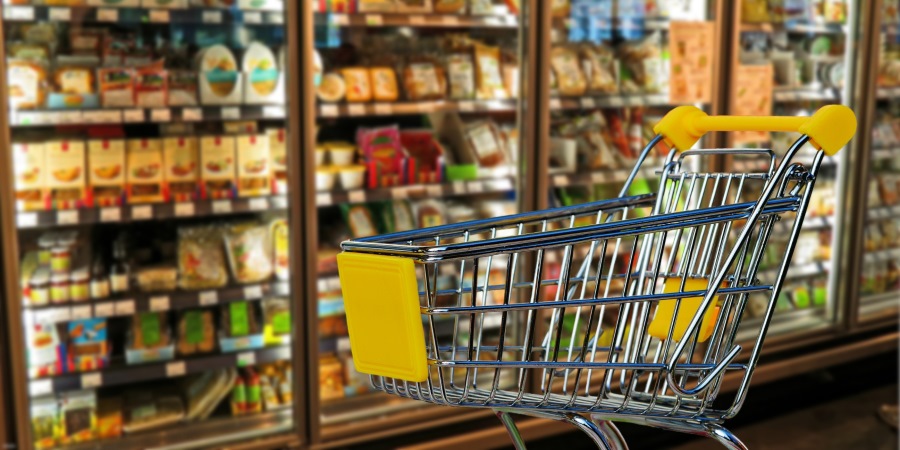Food price rises in January marked the highest rate of inflation since October 2013.
A report by the British Retail Consortium (BRC) has found that food inflation is above the 12- and six-month average price growth rates of 0.5% and 1.1%, respectively.
Fresh food inflation slowed slightly in January to 2.9%, down from 3% in December whilst shop price annual inflation almost doubled within the same period. Ambient food inflation also saw the highest rate of increase since November 2020.
Research from NeilsonIQ suggests that the surge in energy and travel costs is now impacting disposable incomes and is likely to decrease consumers’ willingness to spend. NeilsonIQ reported that nearly half of all households surveyed said that their most important concern at the moment is the rising cost of living.
“Impossible to protect consumers”
Helen Dickinson OBE, chief executive of the BRC, said: “Food prices continue to rise, especially domestic produce which have been impacted by poor harvests, labour shortages, and rising global food prices.
“The rise in shop prices is playing into wider UK inflation, which is pushing cost of living to the forefront of the political agenda. Many households will find it difficult to absorb the additional costs, as well as others on the horizon. Retailers are working hard to cut costs, but it would be impossible to protect consumers from any future rises. As commodity prices, energy prices and transportation costs continue to rise, it is inevitable that retail prices will continue to follow in the future.”









